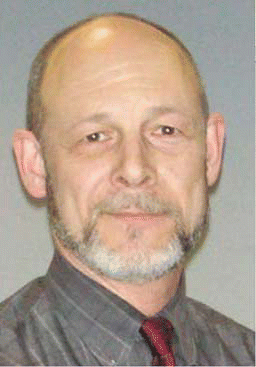Because intratympanic injections ought to be associated with fewer side effects than systemic therapy, investigators want to know if this treatment route is at least similar in efficacy and superior in safety to oral steroids. Therefore, the trial is designed to compare the routes of administration. We’ve gone to great lengths to make the treatments equivalent in duration and relative dose, Dr. Rauch said.
Explore This Issue
April 2006If a patient calls and complains of blockage in one ear, ask the patient to hum. If he hears it in the blocked ear, there’s nothing to worry about. If the patient hears the humming in the good ear, it’s nerve loss and it’s an emergency. – -Steven D. Rauch, MD
We’re monitoring the patients very closely during treatment and after. We want to know if there’s a difference in efficacy between the two treatments, and how the side effects compare. If one works much better than the other, it will become the favored treatment. If they work equally, the relative side effects will be important to consider. For example, the injections may be safer in a patient with brittle diabetes, but pills may be more appropriate in patients who are averse to needles.
Dr. Rauch expressed concern that some physicians may face financial temptations to overuse the injections because of the new reimbursement code for in-office injections. If you have a choice for writing a prednisone prescription or charging for an injection, you might feel the pressure to do the injection.
A Need for Controlled Studies
The investigators want to raise public awareness of idiopathic SSNHL and to scientifically identify the best treatment for it, he said. There is a moment in time in the evolution of a treatment, when it’s become widely known enough that people are adopting it, but it’s not entrenched as standard care, he said. We’re at or passing that tipping point. Most otolaryngologists are injecting steroids in people with various hearing loss, but we have no controlled studies to validate it, so it’s not yet an evidence-based treatment. The enthusiasm for it is growing wildly, and everyone’s getting paid for it. It may be that if we don’t get the evidence one way or the other, the insurance companies will shut it down.
The study is seen as a way to fill the dearth of scientific knowledge, he said, noting that the investigators are still recruiting patients. We want patients with idiopathic sudden deafness within two weeks of onset, he said, noting the challenge of catching patients within that window. The incidence of sudden hearing loss is pretty common, but the prevalence at any given moment is low. We can’t recruit effectively by putting up signs in buses. The only way we can recruit is by having other doctors send us patients.

Leave a Reply